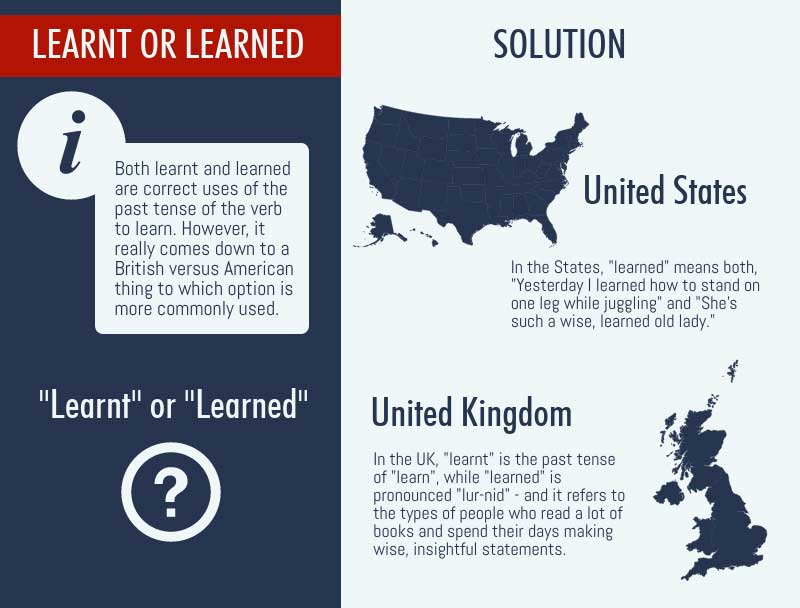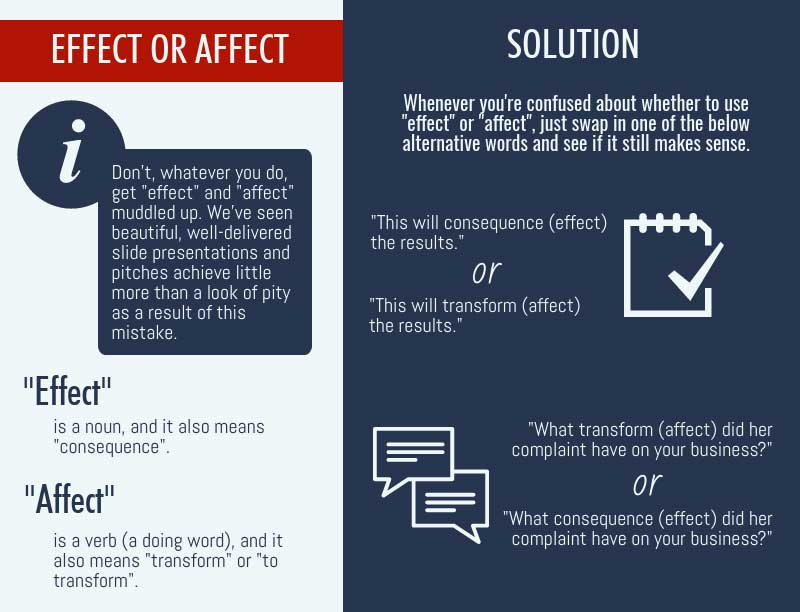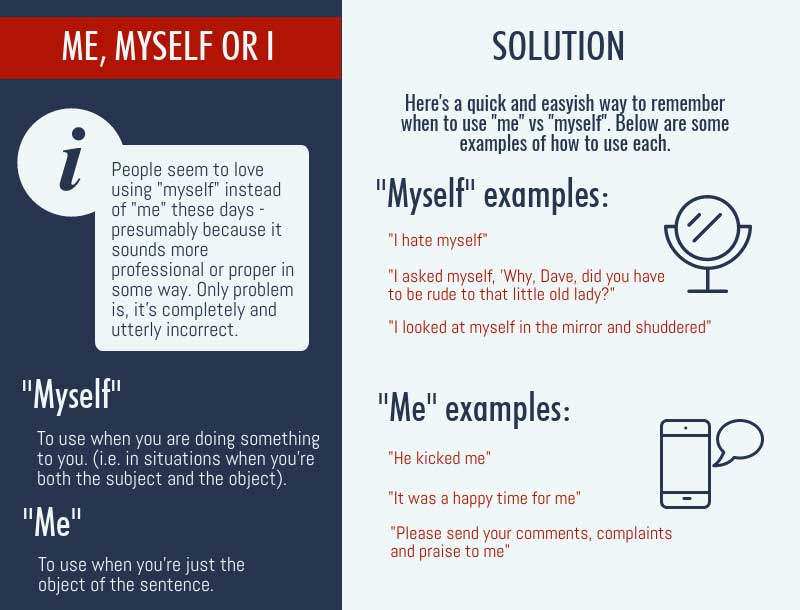Avoid business embarrassment: correct these glaring errors in your writing
Most of the time, no one in business will notice if your grammar is slightly off, or you use a comma when a full stop would be better. But if you make a writing error that’s so, well, bad, your readers may well decide to take a far less positive view of you and your business abilities.
Below are three of the most glaring mistakes people make. While they’ll only take a few seconds to learn and correct, they’lll save you a lifetime of annoyance and evil stares from colleagues and clients.
Here goes…
Unless you’re talking about Plato, you want to use “learnt”
In the States, “learned” means both, “Yesterday I learned how to stand on one leg while juggling” and “She’s such a wise, learned old lady.”
In the UK, things are different. Here, “learnt” is the past tense of “learn”, while “learned” is pronounced “lur-nid” – and it refers to the types of people who read a lot of books and spend their days making wise, insightful statements.
A minority of people believe that “learned” instead of “learnt” is also acceptable this side of the pond. We (and most others in this country) choose to ignore them.

That sound effect is affecting my hearing
Don’t, whatever you do, get “effect” and “affect” muddled up. We’ve seen beautiful, well-delivered slide presentations and pitches achieve little more than a look of pity as a result of this mistake.
Rather than bog you down in grammar-related terminology, let’s just look at an easy way to remember which word to use in which circumstance.
- “Effect” is a noun, and it also means “consequence”.
- “Affect” is a verb (a doing word), and it also means “transform” or “to transform”.
Whenever you’re confused about whether to use “effect” or “affect”, just swap in one of the above alternative words and see if it still makes sense.
- “This will consequence [effect] the results.”
- “This will transform [affect] the results.”
- “What transform [affect] did her complaint have on your business?”
- “What consequence [effect] did her complaint have on your business?”
While we’re here… “to effect change” is actually correct (meaning “to bring about a different state of affairs”). It’s a bit of an anomaly, but don’t worry about remembering it. Instead, erase that phrase from your memory and never, ever use it: it’s lame.

That was myself, Lord Sugar*
*This will only make sense if you ever watched The Apprentice.
People seem to love using “myself” instead of “me” these days – presumably because it sounds more professional or proper in some way. Only problem is, it’s completely and utterly incorrect.
Here’s a quick and easyish way to remember when to use “me” vs “myself”:
- Use “myself” when you are doing something to you (i.e. in situations when you’re both the subject and the object of the sentence). E.g. “I hate myself”; “I asked myself, ‘Why, Dave, did you have to be rude to that little old lady?’”; “I looked at myself in the mirror and shuddered.”
- Use “me” for when you’re just the object of the sentence (rather than both the subject and the object). E.g. “He kicked me”; “Please send your comments, complaints and praise to me”; “It was a happy time for me.”
Most of the time, you’ll need to use “me”.

Get it? Got it. Good!
See? Only a few seconds to learn and to master. Now you’ve got those under your belt, let us know what other words/phrases confuse you; we’ll then include them in another post soon.
More Common Writing Errors:
Discover More
Boost your skills quickly, easily, and affordably with our brand-new online video course, Mastering the Art of Essential Business Writing, available for just £49.
Designed with your success in mind, this course covers everything from foundational principles and grammar essentials to advanced techniques such as crafting compelling executive summaries.
You’ll master the power of words, sharpen your reasoning and logic, and learn how to persuade and summarise effectively. You’ll achieve the ability to:
- · Engage because of your improved level of grammar, punctuation, and writing technique.
- · Communicate effectively because of your ability to present information with logic and reasoning.
- · Craft documents from polished emails to highly readable plans and reports.
- · Persuade by deploying effective literary techniques.
Need Tutor Guidance?
We make learning effortless. You can book a personal tutor for one-on-one guidance for 30-minute sessions via Teams.
Interactive Learning
This course goes beyond theory with practical exercises and quizzes designed to reinforce your knowledge:
- · Quizzes: Test your understanding after each module to ensure you’re on track.
- · Hands-On Exercises: Apply your skills in realistic business scenarios to gain practical experience.
Flexible Learning
Study at your own pace from anywhere in the world. Whether you’re aiming to enhance your daily communication or elevate your business writing, this course is tailored to meet your needs.

